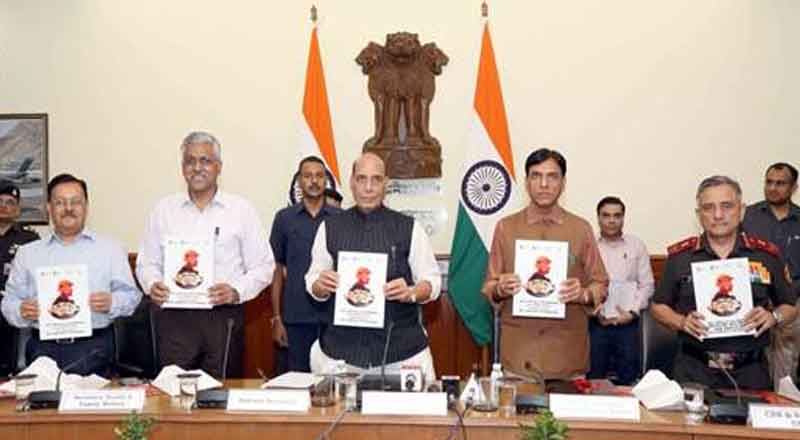During the COVID-19 pandemic, technologies are playing a crucial role in keeping our society functional in the time of lockdown and quarantine. And these technologies may have a long-lasting impact post COVID-19.
The number of positive cases reported in India stands at 49,374 with 1685 fatalities. Coronavirus cases in Asia rose to a quarter of a million on Tuesday, as per the Reuters tally, driven by outbreaks in Singapore, Pakistan and India, even as China, South Korea and Japan significantly slowed the spread of the disease.
At 250,650, Asia now accounts for just 7% of global cases, compared with 40% for Europe and 34% for North America, although experts worry that unreported infections are masking the true extent of the pandemic.
The COVID-19 pandemic has accelerated various technology trends which includs digital payments, tele- health and robotics and it has been found that these technologies can help reduce the spread of the coronavirus while helping businesses stay open. Technology can help make society more resilient in the face of pandemic and other threats.
Let us see, How the Pandemic has affected the Indian IT Business?
COVID-19 pandemic is slowing growth in the India IT Services & Business market, and is expected to reach US$14 Billion by December 2020; as per the IDC India Reports.
Apple and Google have announced a rare collaboration to create a new contact tracing technology.
The technology will use Bluetooth signals to track if users have been in contact with anyone exposed to coronavirus.
Health experts have praised the move, but caution is that the technology ‘isn’t a substitute for testing’.
As per our report, Apple Inc and Alphabet Inc’s Google said that they will work together to create contact tracing technology that aims to slow the spread of the coronavirus by allowing users to opt to logging into other phones they have been near.
The rare collaboration between the two Silicon Valley companies, whose operating system powers 99% of the world’s smartphones, could accelerate usage of apps that aim to get potentially infected individuals into testing or quarantine more quickly and reliably than existing systems in much of the world.
Similarly, Government of India has also come up with a health App: Aarogya Setu . It will keep a track of the people who come close to each other while having the application on their phones. Their contact history can be pulled up if any of these persons tests positive for the coronavirus disease, which will make tracing of all contacts who would have been exposed to an infectious person faster.
On the technology aspect Remote Work, is now the buzz word in the Industry…
Many companies have asked employees to work from home. Remote work is enabled by technologies including virtual private networks (VPNs), voice over internet protocols (VoIPs), virtual meetings, cloud technology, work collaboration tools and even facial recognition technologies that enables a person to appear before a virtual background to preserve the privacy of the home. In addition to preventing the spread of viruses, remote work also saves commute time and provides more flexibility.
Working remotely can seem like a dream come true for many employees who were sick of their morning commutes – but it can present its own set of challenges.
Secondly, Problems with technology may not get resolved as quickly as they would have been in the office, and can make it difficult to work remotely for some employees.
It is also true that, It is easy to get distracted when you’re working from home and you may not be as productive as you’d be in a traditional work from office.





